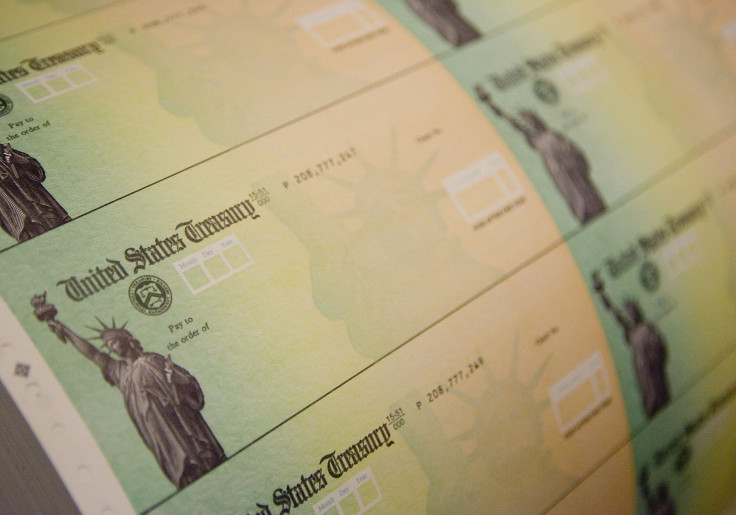Fourth Stimulus Check Update: Americans May Not Want Extra Funds For This Reason
More than 2.5 million Americans have made it clear that they are very eager for more stimulus checks from the government after receiving aid during the COVID-19 Pandemic. However, as many gear up to start receiving some extra money, others are learning they may actually want to hold off on receiving some direct payments.
While direct checks to all Americans in a fourth round of payments is still off the table, and likely will be for some time, many households will soon start to see an influx of money beginning on July 15, thanks to the Expanded Child Tax Credit, which will pay out $300/child under 6 and $250/child 6-17 to millions of families on a monthly basis through December. Additional credits will be given to those families when they file their 2021 taxes next year as well, giving them an additional financial boost. However, in certain cases, there are people who may not benefit from the new payments.
WBFF, a Fox affiliate, reports that those who may see an increase in income for the 2021 tax return year may actually want to opt-out of payments because it could cause them to owe the Internal Revenue Service later. Those who filed 2019 and 2020 returns are set to receive the credits if they are a single filer who earned $75,000 or less, or if they are married and earned $150,000 or less. If their income increases though, the IRS may be able to determine that the money was not needed, and could ask for it back later.
In addition, while they may be eligible, some families are encouraged to consider opting out of the advanced payment credit. Overall, the amount of money families will receive per child is $3,600, with $1,800 being paid upfront in the monthly installments. Those who prefer to either get the money all in one lump sum though in 2022, or who think they could be on the hook for a high tax bill, may want to delay their payments in an effort to offset later expenses.
Of course, while it may be a good idea for some to hold off on receiving child tax credits early, that hasn’t stopped many from calling for other types of aid overall. A Change.org petition calling for automatic $2,000 payments to eligible Americans if certain benchmarks are met economically has only continued to grow, and many have been encouraged by how stimulus payments helped Americans get through economic hardship.
At the moment, the Biden Administration doesn’t seem to be making plans for any additional direct one-time payments, despite stating they were open to hearing ideas regarding more money for Americans. The President and Congress are currently more focused on other parts of his economic stimulus plans—including infrastructure and education.

© Copyright IBTimes 2025. All rights reserved.





















